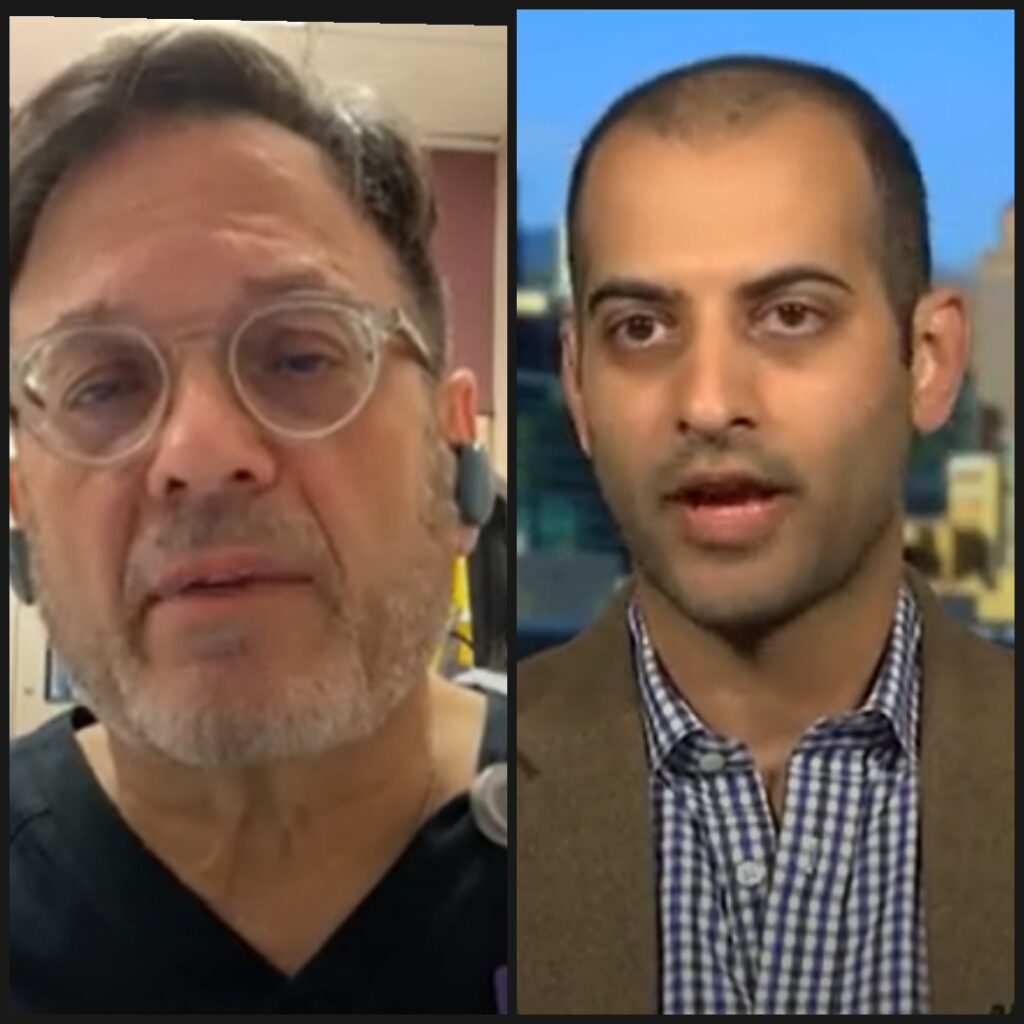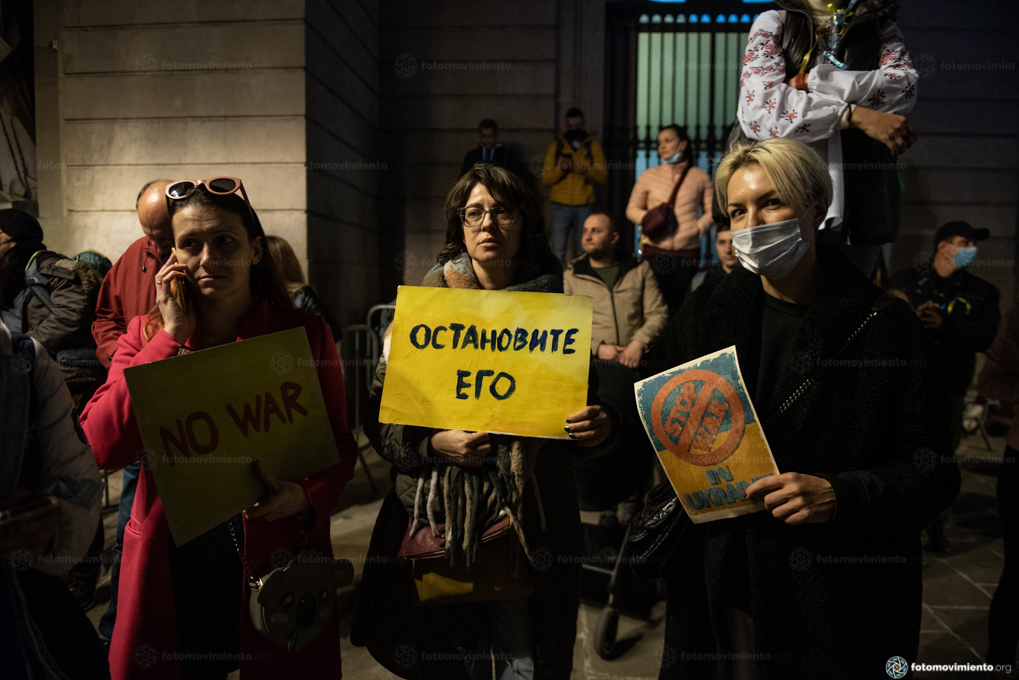Nigeria: la protesta non si fermerà. Intervista con Evon Benson Idahosa
Scritto da Le Funambole in data Dicembre 2, 2020
A cura di Loretta Bondì e Silvia Vaccaro.
Un’intervista con la giurista e attivista nigeriana R. Evon Benson Idahosa
In inglese con sottotitoli in italiano
Parliamo degli spazi pubblici, delle piazze e delle strade che hanno visto una rinascita di proteste popolari negli ultimi anni. Da Hong Kong al Brasile, dalla Tailandia al Cile, dal Libano alla Bielorussia, dagli Stati Uniti alla Nigeria, i manifestanti hanno chiesto un cambiamento e, secondo il contesto, hanno espresso la loro indignazione per situazioni a lungo insostenibili: elezioni truccate, governi repressivi, leader la cui longevità al potere non è più gradita, corruzione, razzismo e discriminazione, condizioni di vita intollerabili che la pandemia ha esacerbato.
E in Nigeria, la parola “SARS”, che nella maggior parte del mondo si identifica esclusivamente con la pandemia, rappresenta un ulteriore e sinistro acronimo. Sta per “Special Anti-Robbery Squad” (squadra speciale antirapina), cioè un ramo della polizia noto per le sue violazioni dei diritti umani: rapimenti, estorsioni, molestie e uccisioni. La SARS è anche responsabile della brutale repressione delle manifestazioni a Lagos e altrove nel Paese che ha preso di mira soprattutto i giovani e ha prodotto numerose vittime, tra cui 12 persone uccise a Lekki, fuori da Lagos, il 20 ottobre.
I giovani erano scesi in piazza per protestare contro la brutalità della polizia, la corruzione e l’incompetenza dell’élite al potere, oltre la povertà diffusa nel Paese più popolato dell’Africa e potenzialmente uno dei più ricchi del continente.
Per comprendere meglio la situazione in Nigeria e i possibili esiti della protesta, abbiamo fatto appello all’esperienza di Evon Benson-Idahosa, giurista e attivista nigeriana, fondatrice e direttora esecutiva della Pathfinders Justice Initiative, e nota sostenitrice della lotta alla tratta e alla schiavitù.
Chiediamo a Evon se le proteste si siano davvero acquietate in Nigeria o se non siano semplicemente scomparse dal radar e dall’attenzione dei media internazionali. Esploriamo, inoltre, se le richieste dei manifestanti siano state soddisfatte dal governo nigeriano.
Proseguiamo discutendo il ruolo dei giovani e delle donne nel movimento di protesta in Nigeria.
Attingendo all’esperienza di Evon sul campo, la nostra conversazione affronta anche il modo in cui la pandemia ha influenzato i flussi migratori dalla Nigeria, così come il traffico di esseri umani.
Infine, Evon fa appello alla diaspora nigeriana nel mondo perché sostenga gli obiettivi della protesta in Nigeria e indica come farlo.
English version
We discuss the public spaces of squares and streets that have seen a resurgence of popular protests in recent years. From Hong Kong to Brazil, from Thailand to Chile, from Lebanon to Belarus, from the United States to Nigeria demonstrators have demanded change and, according to different contexts, voiced a whole host of long-standing grievances: rigged elections, repressive governments, rulers whose longevity in power is no longer welcome, corruption, racism and discrimination, intolerable life conditions which the pandemic has exacerbated.
In Nigeria, the word “SARS” that in most of the world is identified solely with the pandemic represents an additional sinister acronym. It stands for “Special Anti-Robbery Squad”, that is, a branch of the police which is notorious for its track record of human rights abuses: kidnappings, extortion, harassment and killings. The SARS is also responsible for the brutal repression of demonstrations in Lagos and elsewhere that has targeted mainly young people and produced scores of victims, including 12 people who were killed in Lekki, just outside of Lagos, on October 20.
The young had taken to streets to protest police brutality, corruption, and the incompetence of the ruling elite, as well as widespread poverty in the most populated country in Africa and one of the Continent’s potentially richest.
To better understand the situation in Nigeria and the possible outcome of the protest, we have called on the expertise of Evon Benson-Idahosa, a Nigerian jurist and activist, founder and Executive Director of Pathfinders Justice Initiative, and well-known anti-trafficking and anti- slavery advocate.
We ask Evon whether demonstrations seem to have quietened down in Nigeria or whether they have just fallen out of international media’s attention, as well as whether the protestors’ demands have been met by the Nigerian government.
Further, we discuss the role of youth and women in the protest movement in Nigeria.
Drawing from Evon’s expertise in the field, our conversation also tackles how the pandemic has affected migration flows from Nigeria, as well as trafficking in human beings.
Finally, Evon appeals to the Nigerian diaspora in the world to help sustain the goals of the protest in Nigeria and indicates how to do so.
In copertina: Protesters at the end SARS protest in Lagos, Nigeria 50 Autore: AYOKANMI OYEYEMI
Copyright: KAIZEN FOTOGRAPHY
Ti potrebbe interessare anche:
- Usa 2020, Carole Beebe Tarantelli: la ragione dei movimenti
- Nigeria, scontri per l’uso dell’hijab nelle scuole
- Europa, piano d’azione per l’uguaglianza di genere
- Giornata Internazionale per l’eliminazione della violenza sessuale dai conflitti
- Lastesis, donne e lotta sociale in Cile di Valentina Barile
- Bambini ucraini tra guerra e pandemia di Julia Kalashnyk
- Kuwait: per la prima volta nominate otto giudici donne
- Mali: dopo 4 anni in ostaggio liberata operatrice umanitaria francese
- Egitto: oltre i confini la caccia ai dissidenti
- Egitto: Scrittore e critico del presidente muore pochi giorni dopo essere stato rilasciato di prigione
- Sudan: migliaia di minori incatenati e torturati nelle scuole coraniche
- Bielorussia in protesta
- Attivista detenuta saudita per i diritti delle donne Al Hathloul in sciopero della fame
- La cultura è la prima vittima dell’estremismo
- Ucraina: Viaggio nella sessualità femminile
- Salvati (forse) dai raggi UV
- Ad un giornalista afghano il premio Transparency International
- Donne sul fronte
- Onu chiede indagine per giovane palestinese ucciso da militari israeliani
E se credete in un giornalismo indipendente, serio e che racconta recandosi sul posto, potete supportarci andando su Sostienici





